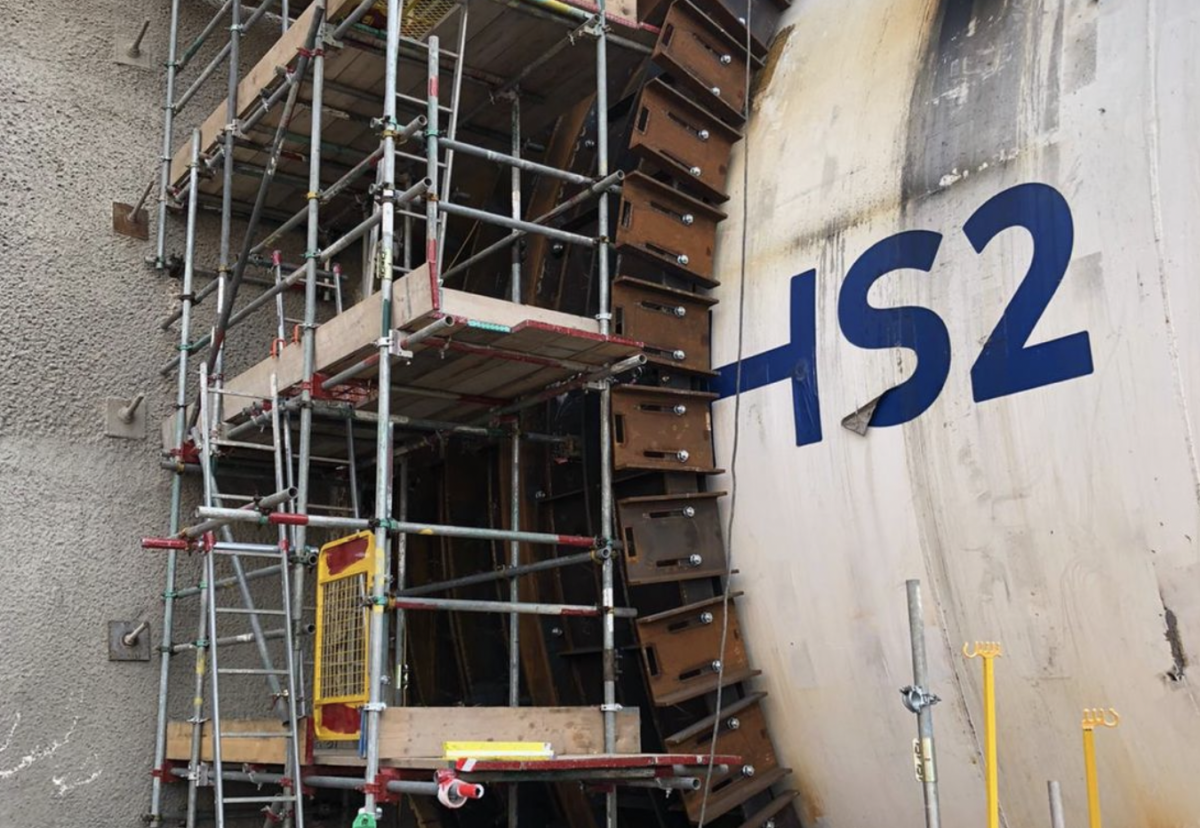Brigade Electronics has added ZoneSafe, a radio frequency identification (RFID) proximity warning system, to its range of vehicle safety systems.
ZoneSafe works by using RFID technology to create detection zones around vehicles, reducing the risk of injury or damage from collisions and near-miss occurrences to people and property.
Designed for use in challenging environments, such as warehouses, construction sites, manufacturing sites, trash sites, airports, and distribution centres, ZoneSafe uses vehicle-mounted antennas that communicate with detection tags, which can be worn by workers, set up in restricted areas, or placed on objects or property. When a tag enters a detection zone, the vehicle operator will automatically receive a visual and audible alert via the in-cab control unit, which will enable them to take the necessary action. Tags worn by workers on foot will also vibrate to warn of an approaching vehicle.
Due to the RFID technology, which does not require line-of-sight, tags will be detected regardless of obstructions, blind spots, adverse weather conditions, or poor visibility. Each tag can be uniquely identified and linked to individual people.
“Approximately 70 percent of incidents on sites happen during initial machine start-up and low-speed movement because of poor visibility,” says Warren DiMarco, CEO of Brigade Electronics Canada. “This makes ZoneSafe ideal for vehicles and mobile machinery that frequently operate within close proximity to workers and other machines, particularly in difficult conditions. It provides fast, reliable and accurate data exchange without any limitation on the number of tags or antennas in operation.”
Note: This article have been indexed to our site. We do not claim legitimacy, ownership or copyright of any of the content above. To see the article at original source Click Here













